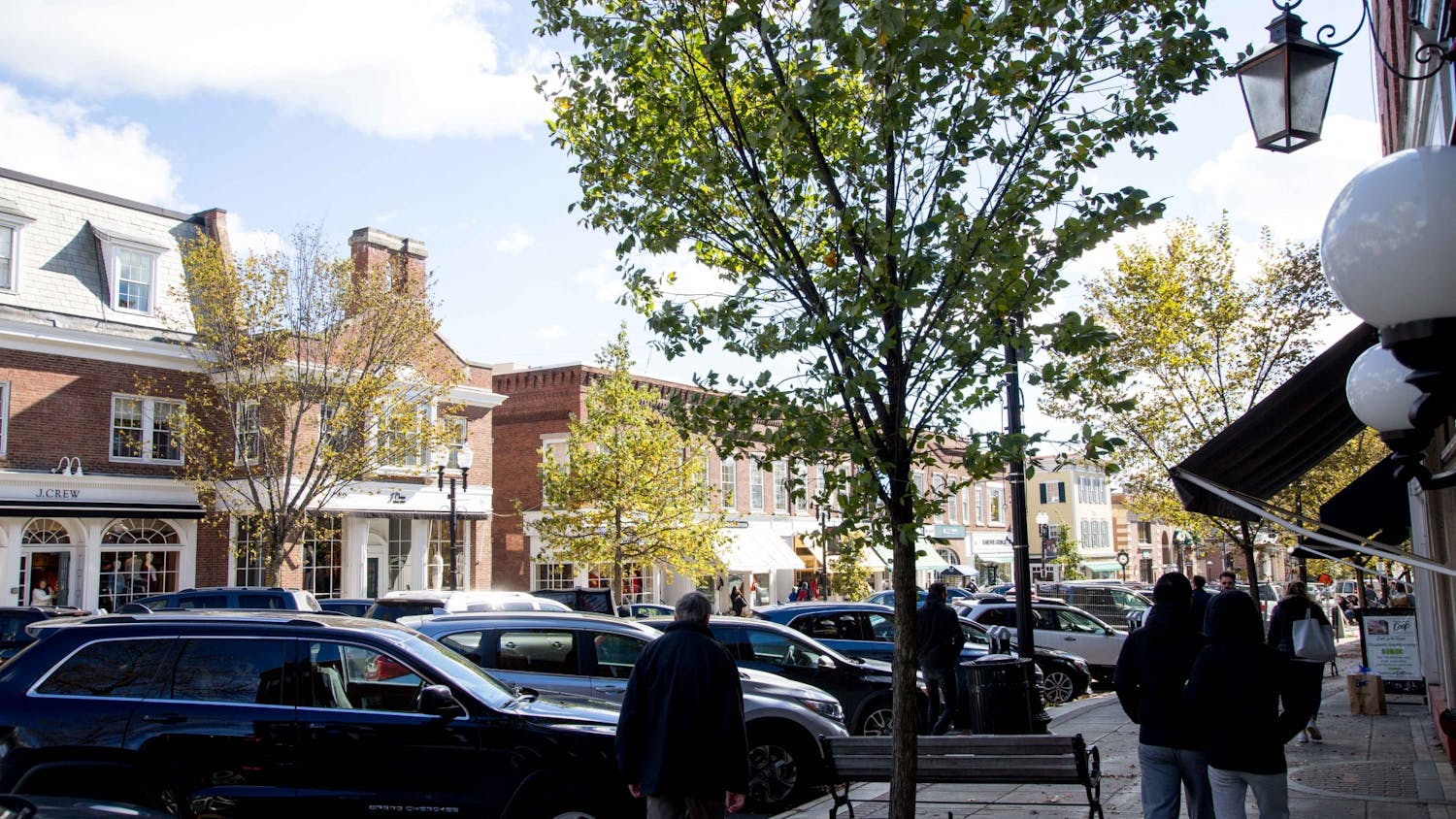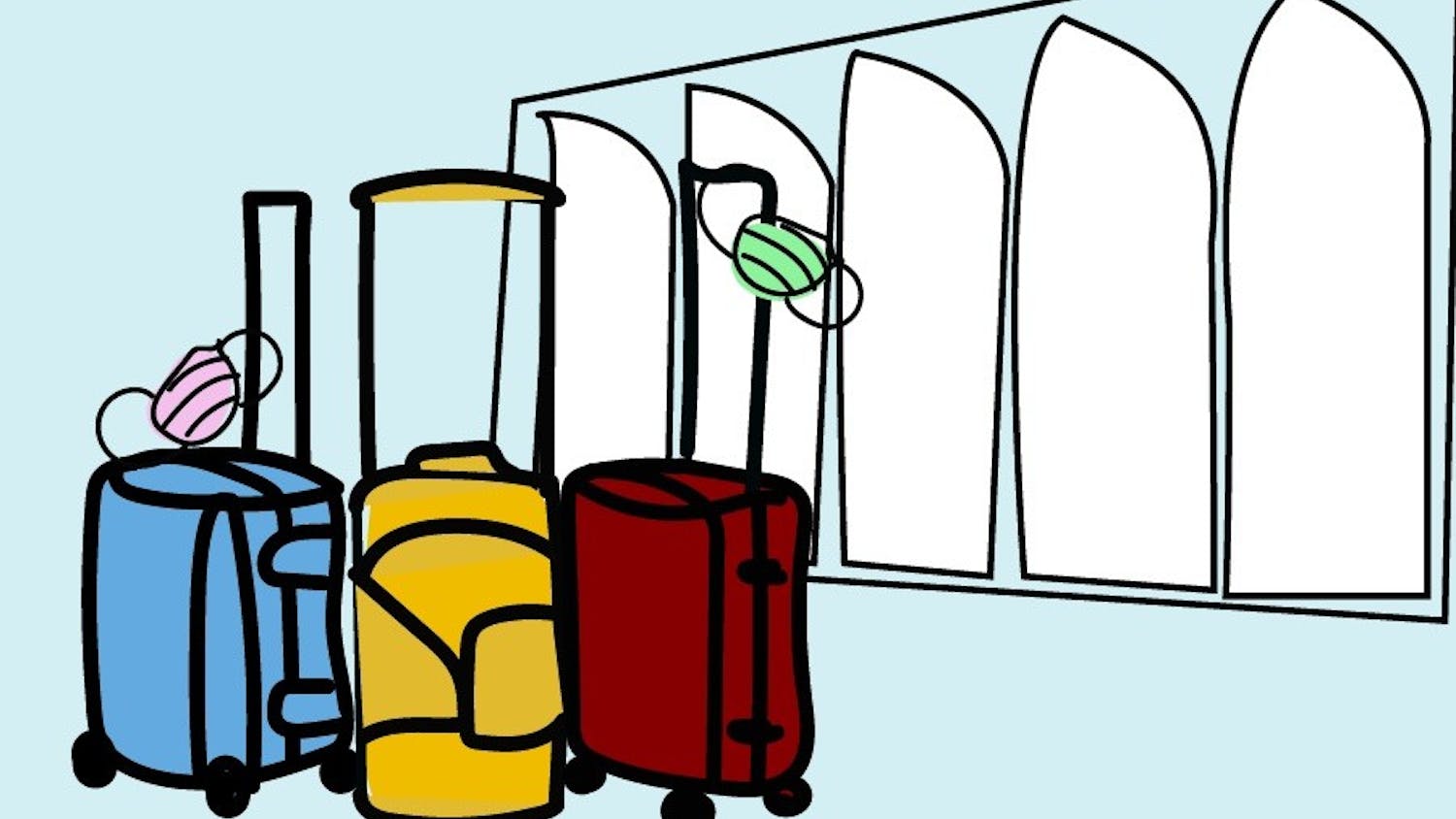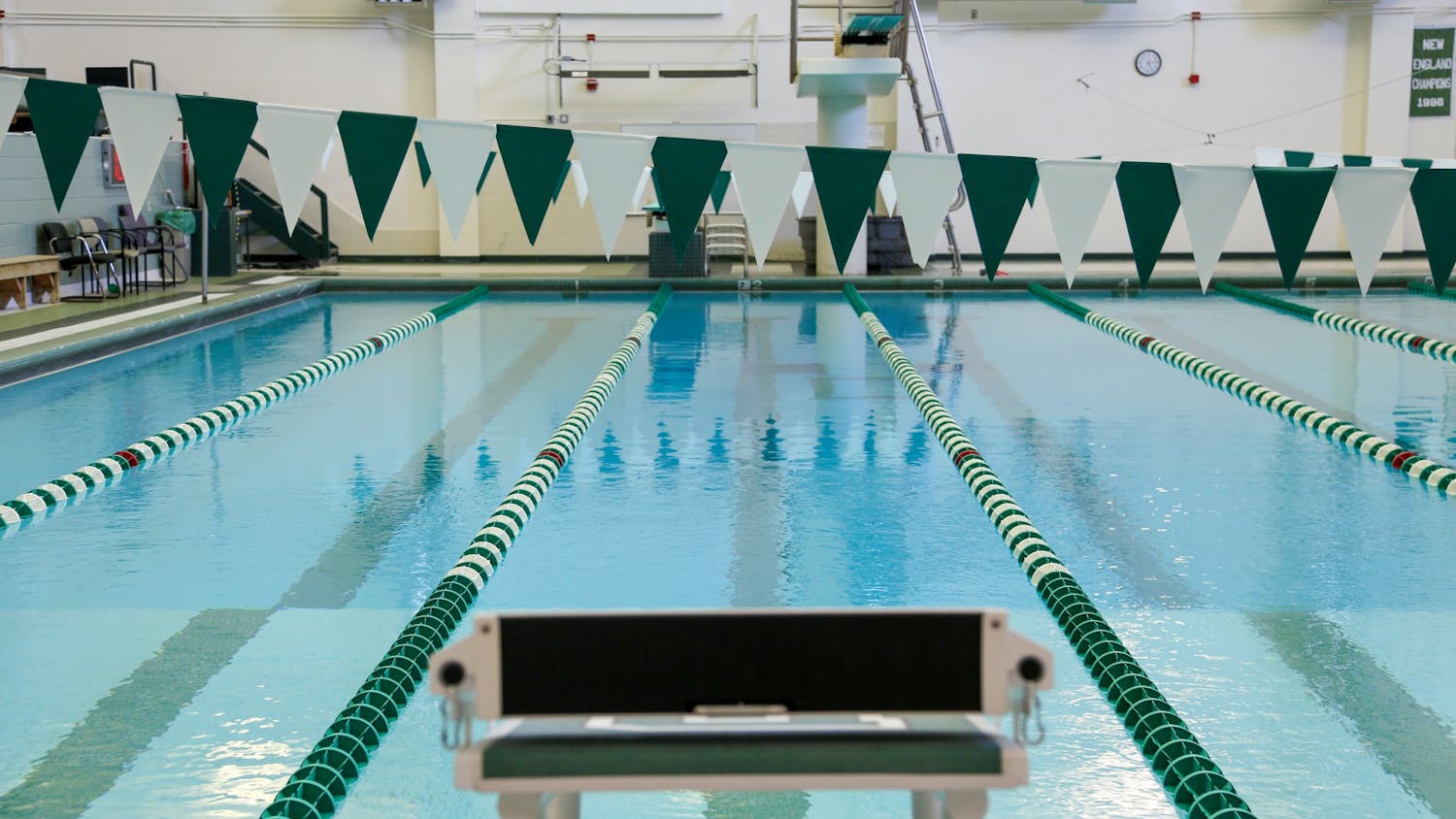As university tuition continues to rise in America, college students are questioning whether the additional income one might earn with an Ivy League bachelor's degree will actually offset the costs required to pay for that degree. Now, in the midst of the COVID-19 pandemic, students are forced to further question whether the pricey tuition of online college is even worth it at all.
Ivy League schools pride themselves on their exceptional in-person education and use it as justification for the hefty price tag attached to a prestigious degree. On the homepage of Dartmouth’s website, the College promotes its undergraduate experience with a list of opportunities that require in-person campus enrollment, such as “experiencing art exhibitions at the Hood Museum, ” “participating in the DOC and accessing the Appalachian trails that run right through campus” and “hands-on learning at the Organic farm.” With the majority of Dartmouth operating online for at least fall term, it is natural to wonder: Does online Dartmouth justify a tuition of more than $75,000?
Like many other colleges and universities, Dartmouth is offering a refund of room and board, but it has drawn the line at reducing tuition. The College reasons that tuition should be kept at full price due to the fact that Dartmouth’s “commitment to excellent instruction will be no different, even with the delivery being different.” Dartmouth is also mandating that all students get the most expensive meal plan at $2,220, compared to prior terms in which meal plans varied in size and cost. Moreover, the College’s tuition has increased by almost 4 percent for the upcoming school year.
It’s tough to argue that virtual learning deserves the same price of tuition.
Certainly, there are benefits for some students: With asynchronous classes, students can study and work at their own convenience; they can balance work and family time with their commitments; there is the possibility of a more comfortable learning environment with less commuting and you can save on fuel cost, time and transportation.
But these benefits are largely outnumbered by the disadvantages of online learning. Schools like Dartmouth distinguish themselves from other institutions with their professor-student interactions, strong community network and on-campus opportunities. The value of education doesn’t only come from class material, but from peer-to-peer and peer-professor relationships built through academics and campus life. Despite the continued high quality instruction from professors and class content, the value of the student experience has greatly decreased with the transition to online learning.
If the value decreases, so should the price. The average cost of an in-person college Calculus 1 course is $2500, while the online equivalent is only $400. The difference in costs between in person and virtual should therefore be striking.
Princeton University and Georgetown University recently announced their plans to cut tuition by 10 percent for the upcoming school year, acknowledging how the pandemic has inhibited their ability to provide education through experiences inside and outside the classroom. Williams College similarly is reducing the cost of attendance by 15 percent and cutting activity fees. Although Dartmouth and other Ivy League institutions state the importance of being immersed in a learning environment, they haven’t followed suit.
It is unjust to require Dartmouth students to pay more, or even the same, when the return of online learning is so greatly decreased. While we were charged full price for both spring and summer term, the administration must act now to reduce tuition for the upcoming fall term.



